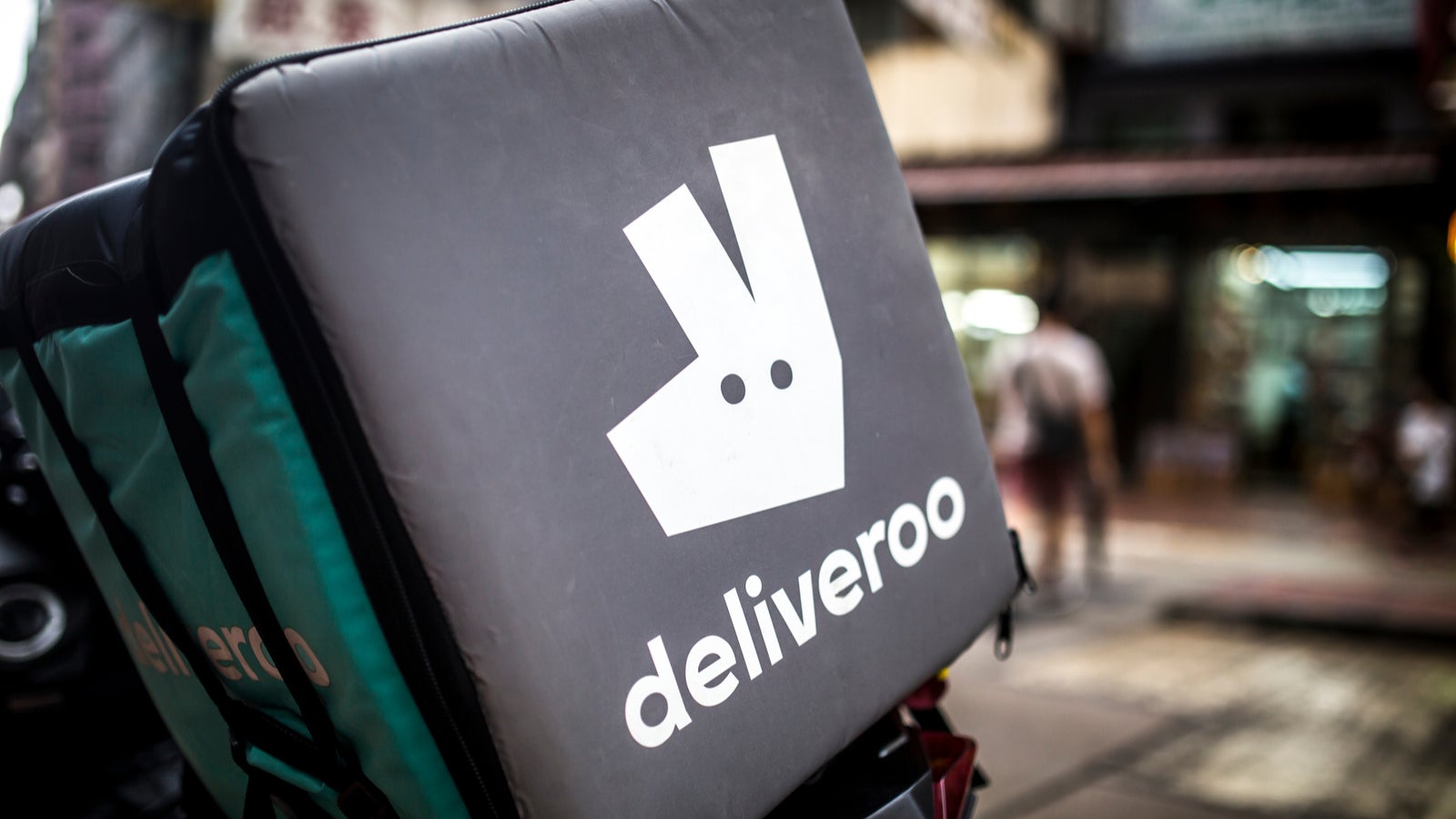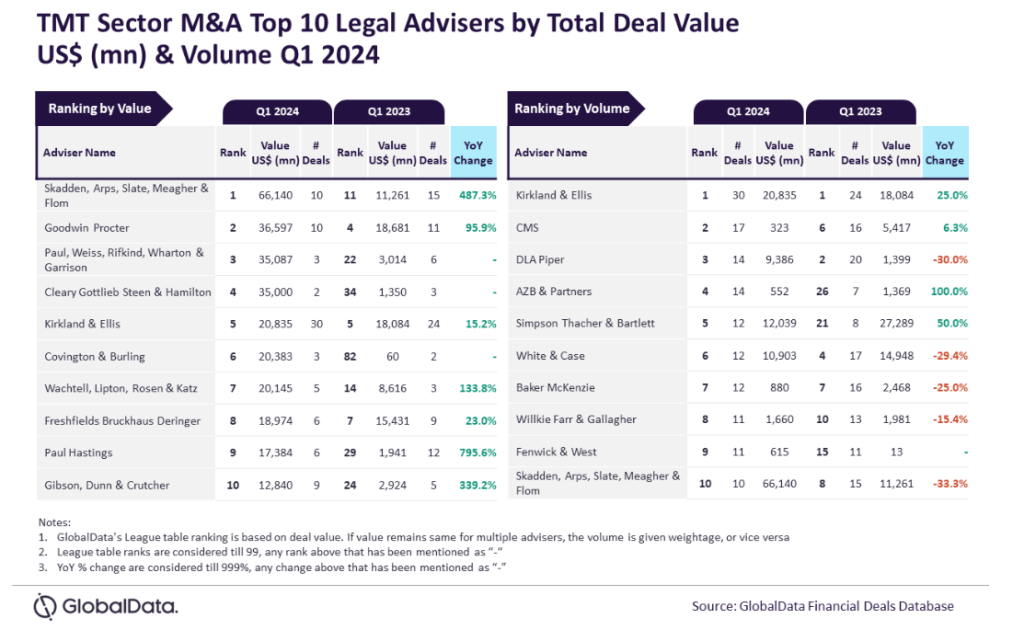
Two of the UK’s largest institutional investors have turned their noses up at the chance to buy Deliveroo shares when it goes public, put off by the food delivery company’s reliance on gig economy workers.
David Cumming, chief investment officer at Aviva Investors, told BBC Radio 4’s Today programme there was a “combination of investment risk and social issues that affect our judgment whether the shares are a buy or not”.
UK-based Deliveroo says its 100,000 couriers are independent, self-employed contractors and therefore not entitled to the minimum wage or holiday pay.
Andrew Millington, head of UK Equities at Aberdeen Standard, told the BBC that “we wouldn’t be comfortable that the way in which [Deliveroo’s] workforce is employed is sustainable.”
Aberdeen Standard and Aviva Investors manage investment portfolios worth more than £800bn combined. Their public doubts about Deliveroo are not expected to seriously dampen the company’s float on the London Stock Exchange in April, which has a target valuation of up to £8.8bn.
However the investors’ attitude does reflect a growing backlash against gig economy companies, which gained momentum after the UK’s Supreme Court ruled that Uber’s drivers should be classified as workers rather than self-employed. While this ruling does not directly apply to Deliveroo, it could increase the likelihood of legal action later down the line.
How well do you really know your competitors?
Access the most comprehensive Company Profiles on the market, powered by GlobalData. Save hours of research. Gain competitive edge.

Thank you!
Your download email will arrive shortly
Not ready to buy yet? Download a free sample
We are confident about the unique quality of our Company Profiles. However, we want you to make the most beneficial decision for your business, so we offer a free sample that you can download by submitting the below form
By GlobalDataIn its filing documents, Deliveroo warned investors that the employment status of its delivery riders posed a threat to its business. The company faces investigations across Europe over the legal status of its couriers and has set aside more than £112m in the event of litigation.
An analysis published today by the Bureau of Investigative Journalism in partnership with the Independent Workers’ Union of Great Britain found that some Deliveroo riders made as little as £2 an hour, putting further pressure on Deliveroo and prospective investors.
A Deliveroo spokesperson said: “We are proud to provide work for 50,000 riders in the UK and that thousands more people apply to work with us every week. We are confident in our business model, which has been upheld by UK courts three times, including the high court twice.
“Deliveroo riders are self-employed because this gives them the freedom to choose when and where to work. Every rider is protected with free insurance and our way of working is designed around what riders tell us matters to them most – flexibility.”
ESG is on the menu
Aviva and Aberdeen Standard’s decision not to invest in Deliveroo also reflects a broader trend of investors taking a stance on environmental, social and governance (ESG) issues.
According to GlobalData’s thematic research, “Banks and other institutional investors are under pressure from governments, shareholders, and the public to incorporate ESG metrics into their investments and phase out the financing of fossil fuels and other unsustainable practices”.
Aberdeen Standard has previously taken a stance on ESG issues, selling its shares in Boohoo after an investigation found the clothing company was exploiting its workers.
Aside from conventional stock purchases associated with pension fund management, Aviva and Aberdeen have invested in or acquired various companies in recent years according to GlobalData market intelligence. All have been financial and insurance industry-based, with no obvious gig economy links.
Would-be Deliveroo investors must also decide whether they have an appetite for the company’s financials. Founded in 2013 by entrepreneur Will Shu, Deliveroo is yet to turn a profit. It has guzzled more than $1.3bn in private capital funding to fuel expansion into 12 countries, working with more than 115,000 restaurants. The most recent funding round, announced on 17 January, brought in $180m from Amazon and other previous investors and valued the company at over $7bn, according to GlobalData market intelligence.
In 2020, a year in which the pandemic meant many consumers were unable to visit restaurants, Deliveroo lost £232m on revenues of £476m. Critics have asked whether Deliveroo’s model is sustainable, particularly when lockdown restrictions are lifted.
However, many companies are unprofitable in their early years as they pursue growth and expansion, with Google, Amazon and Facebook primary examples. Today they are three of the most profitable companies in the world.
However, the nature of Deliveroo’s business makes it much harder to scale in the same way as a social media company or a search engine.
Amazon, which also relies heavily on gig economy workers for deliveries, has demonstrated a logistics company can scale. But it is a very different beast to Deliveroo and the low margins of food delivery will make future growth difficult. Shu said Deliveroo would use the proceeds of its IPO to persuade consumers to spend more cash on online deliveries during one of the “21 meal occasions” that take place each week.
The potentially-£8.8bn IPO marks a dramatic turnaround for Deliveroo, which last year needed a £575m investment from Amazon to help stay afloat.
Amazon said it will sell roughly a third of its 15.8% stake in the company during the IPO.





